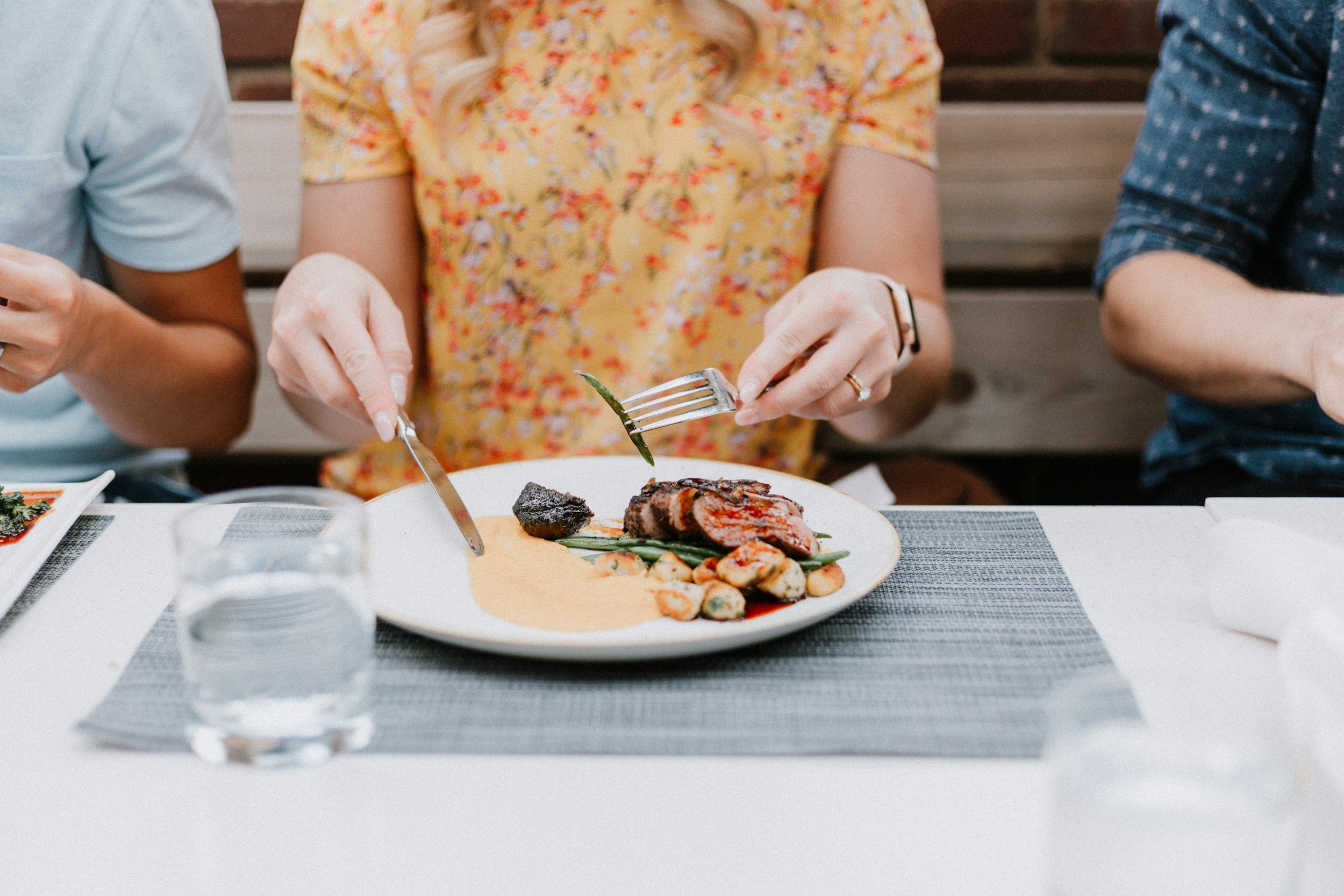
My Go-To Resources for Raising Body-Literate Kids
You don’t have to do this alone. These are the resources—books, social media accounts, and voices—I come back to again and again when it comes to raising kids who feel safe in their bodies and confident around food.

5 Common Mistakes Even Well-Meaning Parents Make Around Food
You can have the best of intentions and still send confusing messages about food and bodies. These five common parenting pitfalls show up everywhere, even in the most loving households. But once you know what to look for, you can start making small shifts that have a big impact.

How the Term 'Food Noise' Became the New Wellness Buzzword
The term food noise is everywhere lately—but it’s being used to sell appetite suppression instead of solving the real issue. Learn what food noise actually means and how to address it with curiosity, not control.

What Body Trust Looks Like at 3, 7, and 12 Years Old
Learn how to support your child’s relationship with food and their body at every age—from toddlerhood to the tween years.

5 Myths About Hunger That Make Food Noise Worse
Food noise: the nonstop mental chatter about what, when, and how you eat; often stems from a misunderstood relationship with hunger. In this post, we bust 5 common hunger myths that could be fueling your food obsession and share how to rebuild trust with your body.

Eating Disorders Aren’t Just a Problem for Young
When we picture eating disorders, most of us think of teenagers. But more women than ever are struggling with disordered eating in their 40s, 50s, and beyond—often triggered or reactivated during perimenopause. Hormonal shifts, life stress, and the fear of becoming invisible can make food and body feel like a battleground again. In this post, we explore why midlife eating disorders often go unnoticed, how they impact your health, and why it's never too late to get help.

5 Myths About Eating Disorders That Keep People from Getting Help
Eating disorders don’t always look the way you expect. These common myths keep too many people suffering in silence. Let’s break them down because the earlier you get support, the better.

The Cost of Delaying Treatment for an Eating Disorder
Eating disorders are serious mental and physical health conditions—not just “food issues.” And while the decision to seek help is deeply personal, waiting too long can come with real risks. Here’s what happens when treatment is delayed—and why early intervention matters.

A Gentle Recovery Plan for the First 30 Days
Wondering how to begin recovery when food feels overwhelming? This 30-day plan offers a gentle, supportive place to start, especially if you’re unsure whether your struggle is “serious enough.”

Ways to Make Peace with Food Again
If food feels stressful or all-consuming, but you're not sure if it's “bad enough” to need help. You're not alone. This post is for anyone starting to question their relationship with food and wondering what making peace could actually look like, without jumping straight into all-or-nothing change.